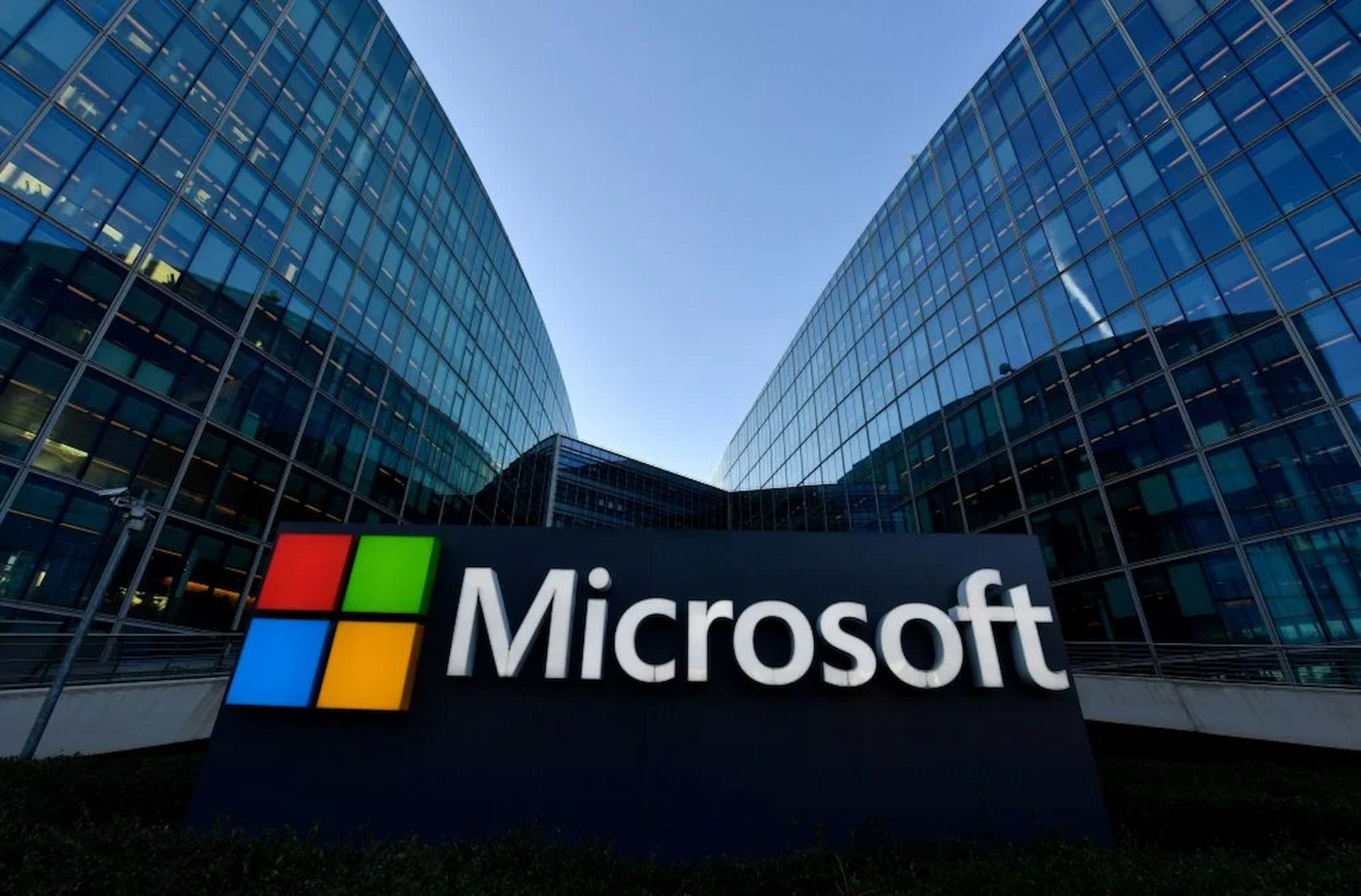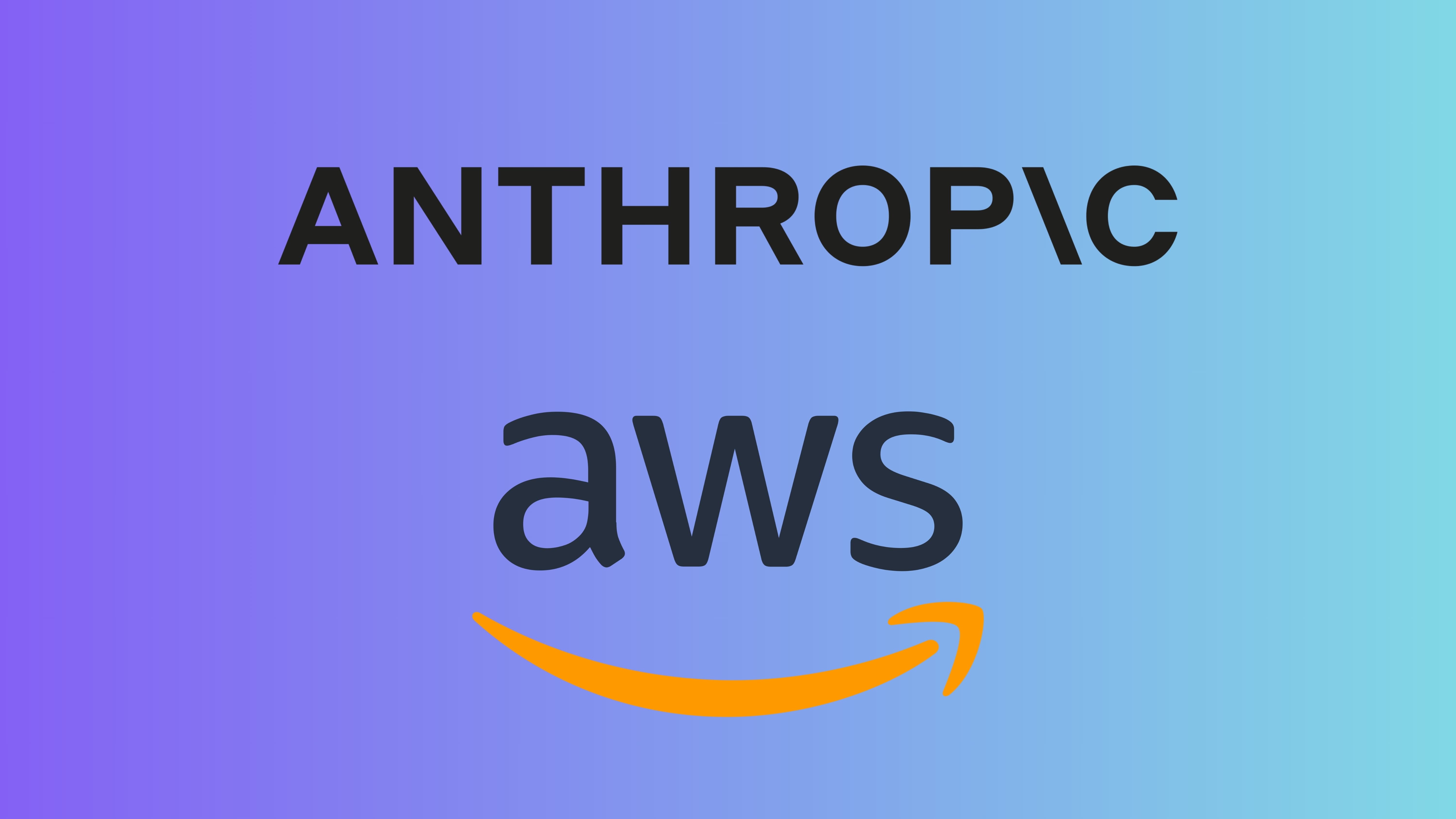AI, gaming and work were at the heart of the discussion during the Paley International Council Summit, where three Microsoft executives explored how technology is reshaping human experience and industry structures.
Mustafa Suleyman, Phil Spencer and Ryan Roslansky offered perspectives on the next phase of digital transformation, from personalised AI companions to the evolution of entertainment and the changing nature of work.
Mustafa Suleyman, CEO of Microsoft AI, described a future where AI becomes an invisible companion that quietly assists users. He explained that AI is moving beyond standalone apps to integrate directly into systems and browsers, performing tasks through natural language rather than manual navigation.
With features like Copilot on Windows and Edge, users can let AI automate everyday functions, creating a seamless experience where technology anticipates rather than responds.
Phil Spencer, CEO of Microsoft Gaming, underlined gaming’s cultural impact, noting that the industry now surpasses film, books and music combined. He emphasised that gaming’s interactive nature offers lessons for all media, where creativity, participation and community define success.
For Spencer, the future of entertainment lies in blending audience engagement with technology, allowing fans and creators to shape experiences together.
Ryan Roslansky, CEO of LinkedIn, discussed how AI is transforming skills and workforce dynamics. He highlighted that required job skills are changing faster than ever, with adaptability, AI literacy and human-centred leadership becoming essential.
Roslansky urged companies to focus on potential and continuous learning instead of static job descriptions, suggesting that the most successful organisations will be those that evolve with technology and cultivate resilience through education.
Would you like to learn more about AI, tech and digital diplomacy? If so, ask our Diplo chatbot!










